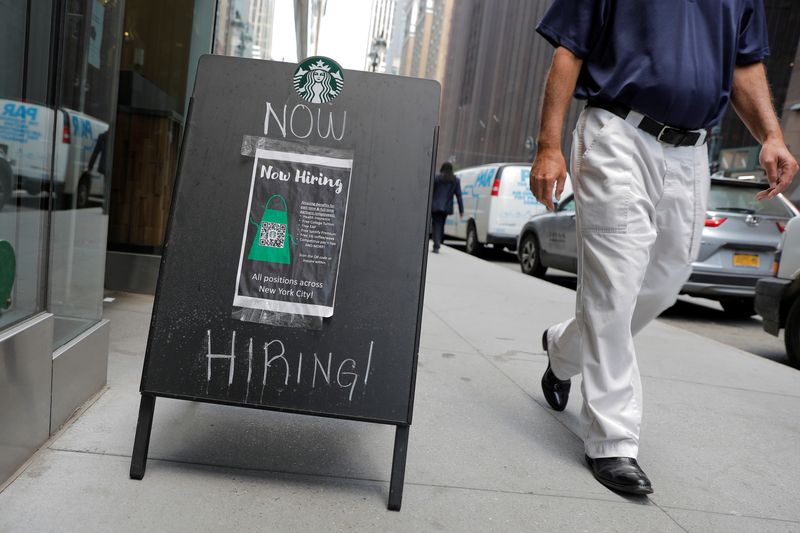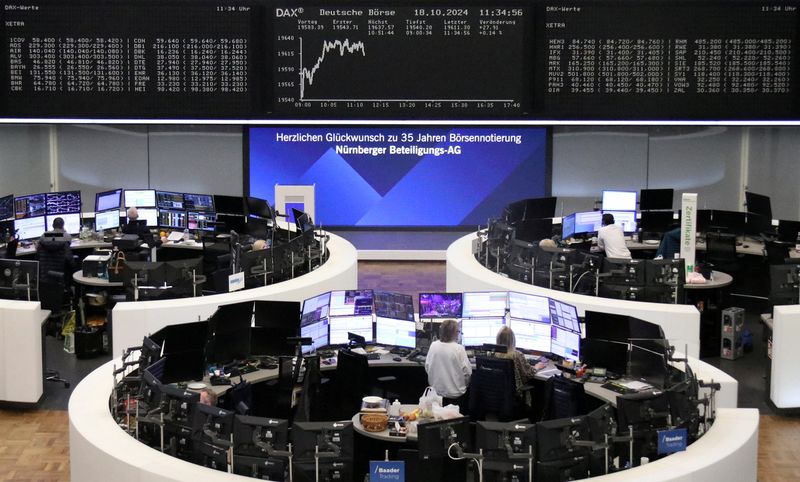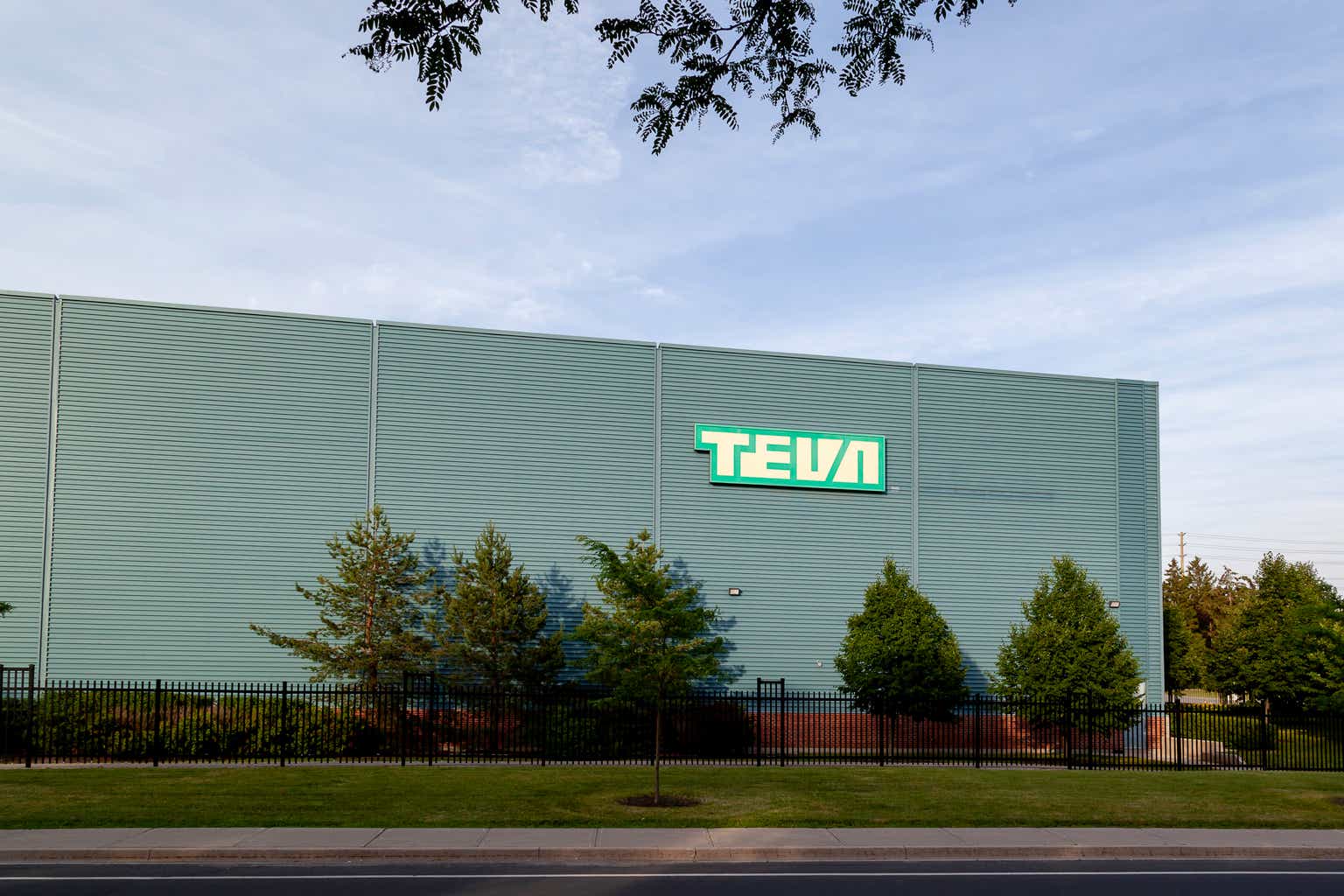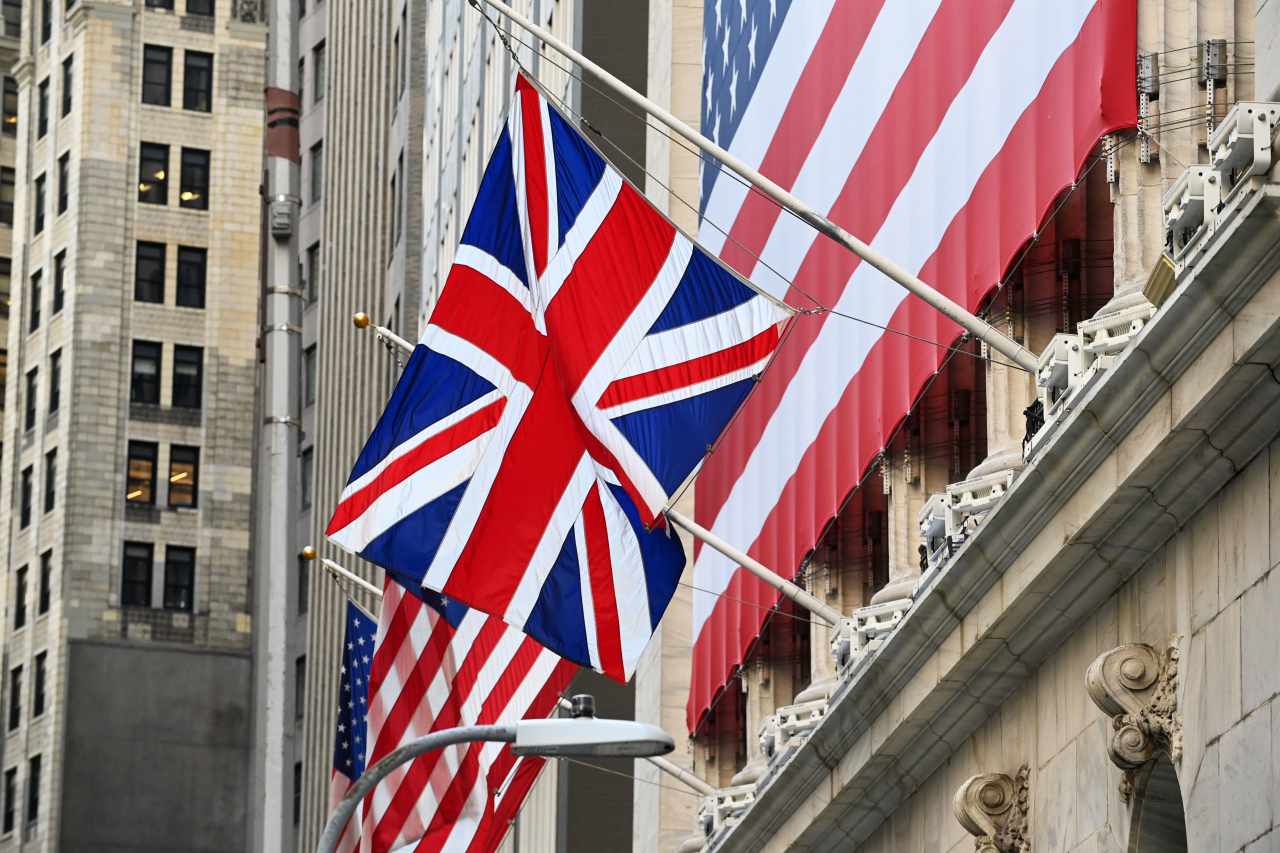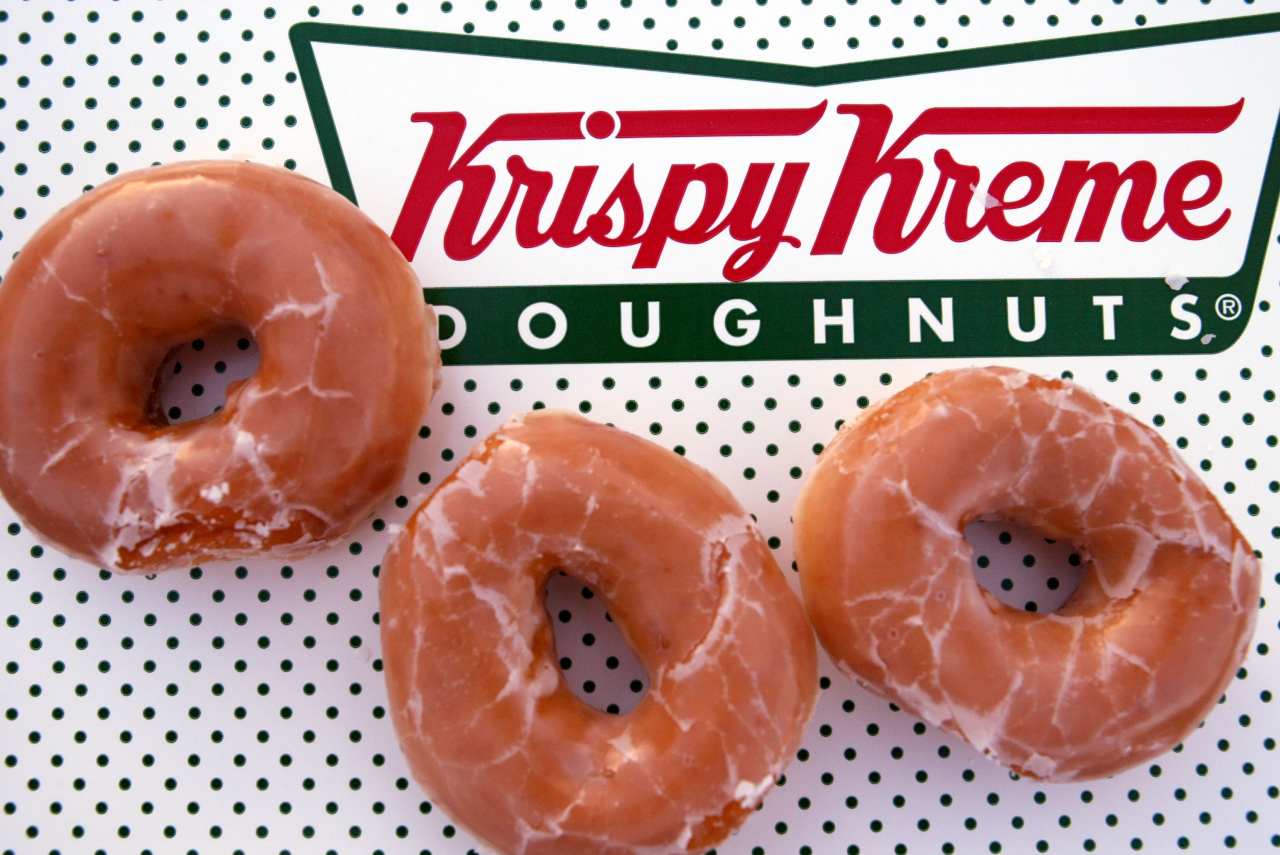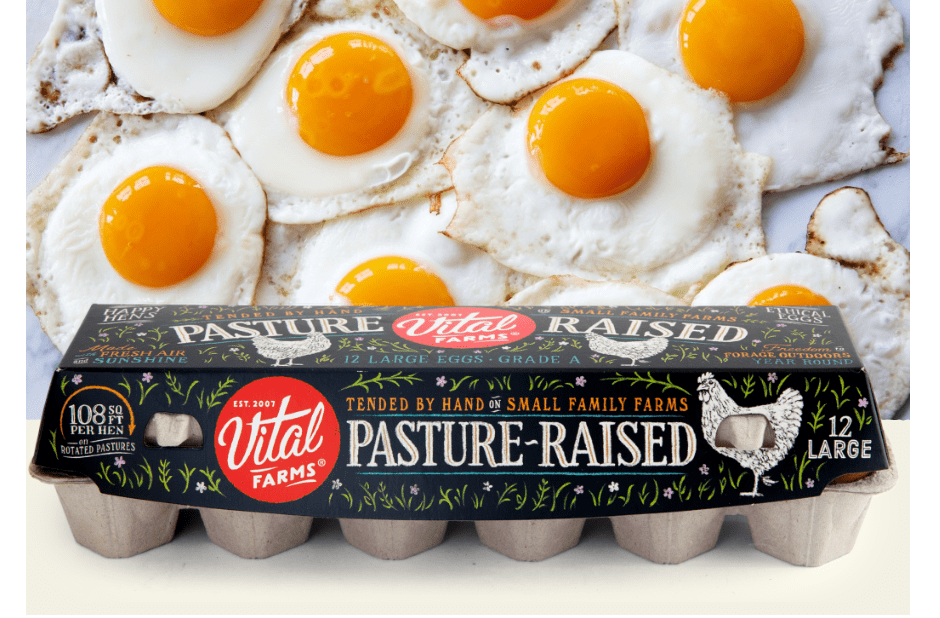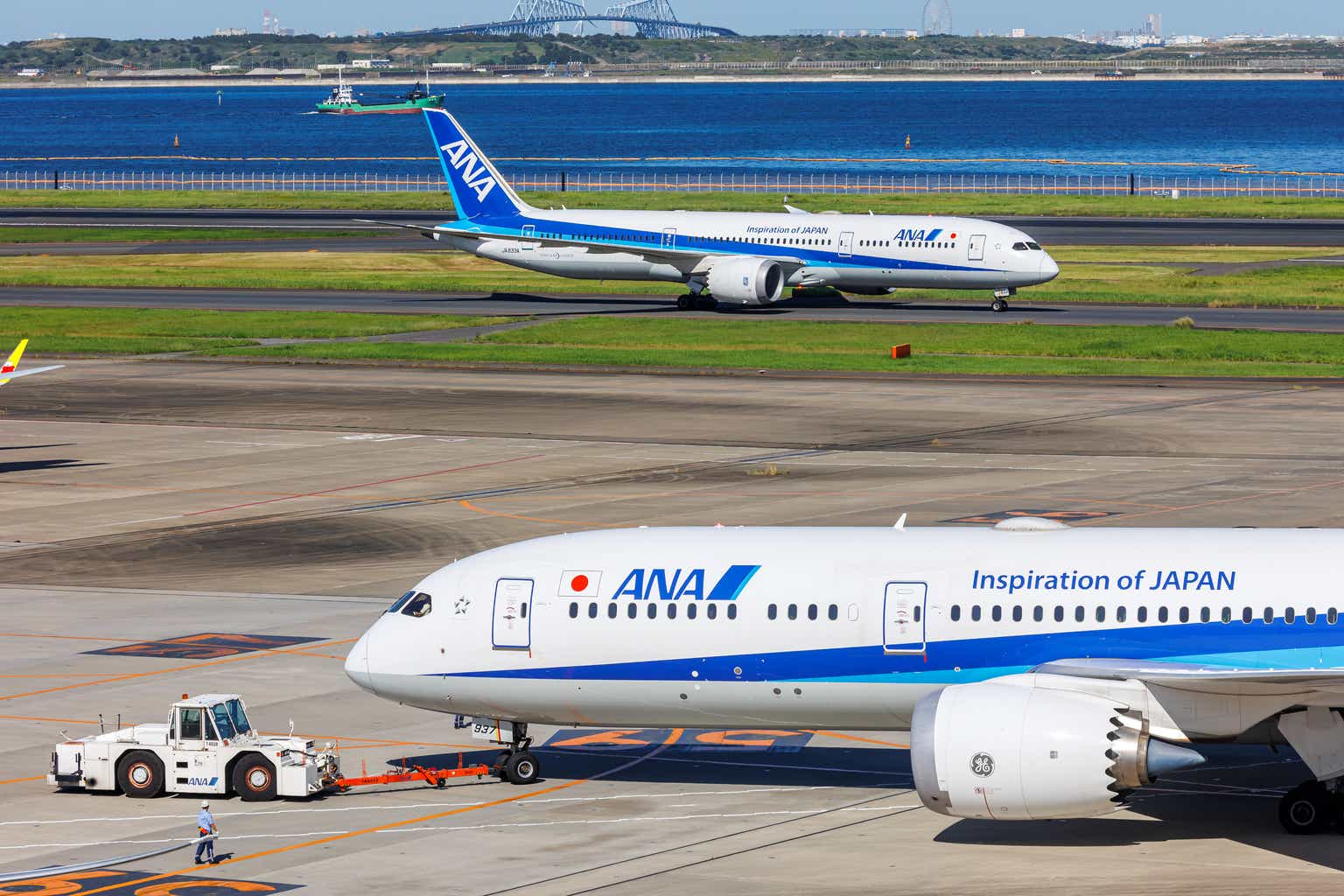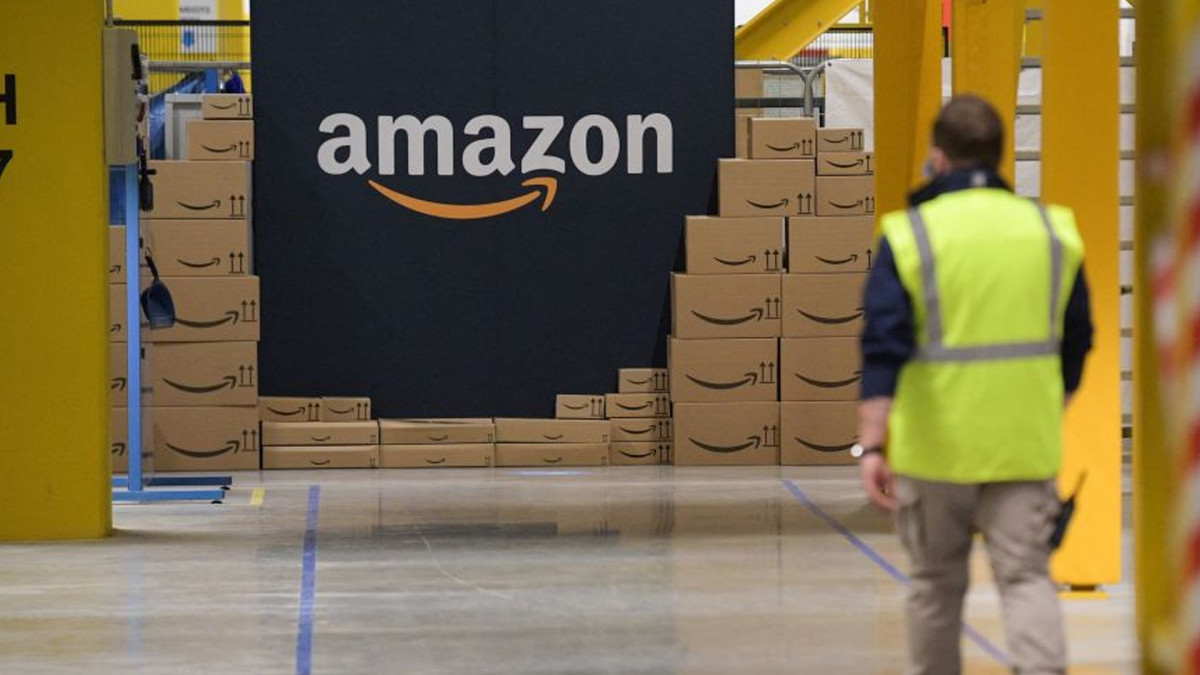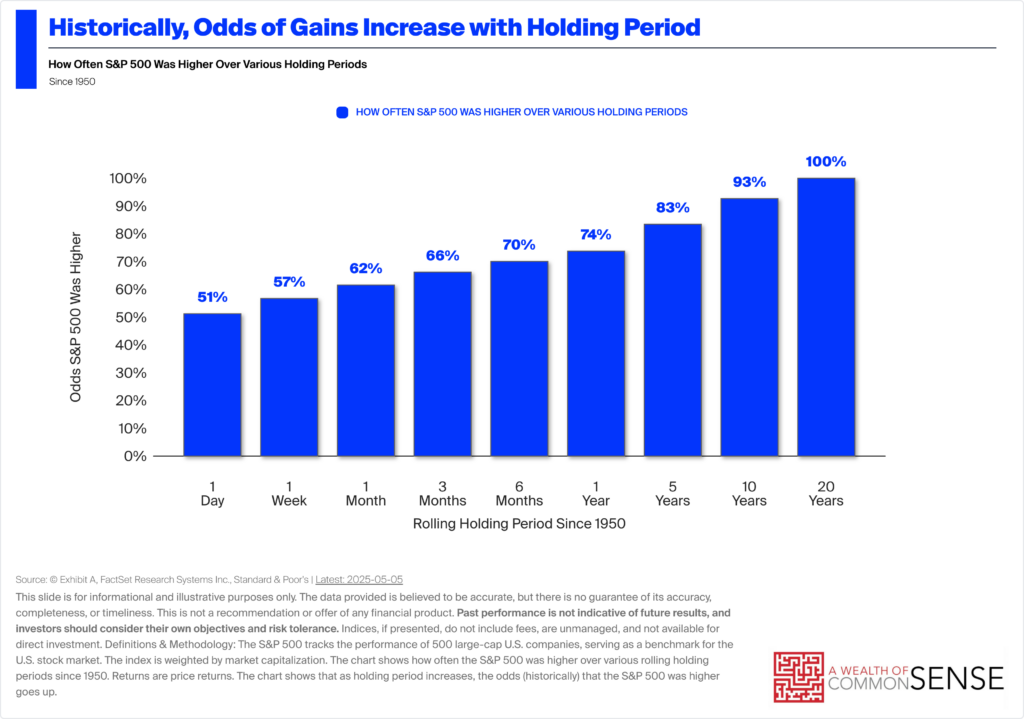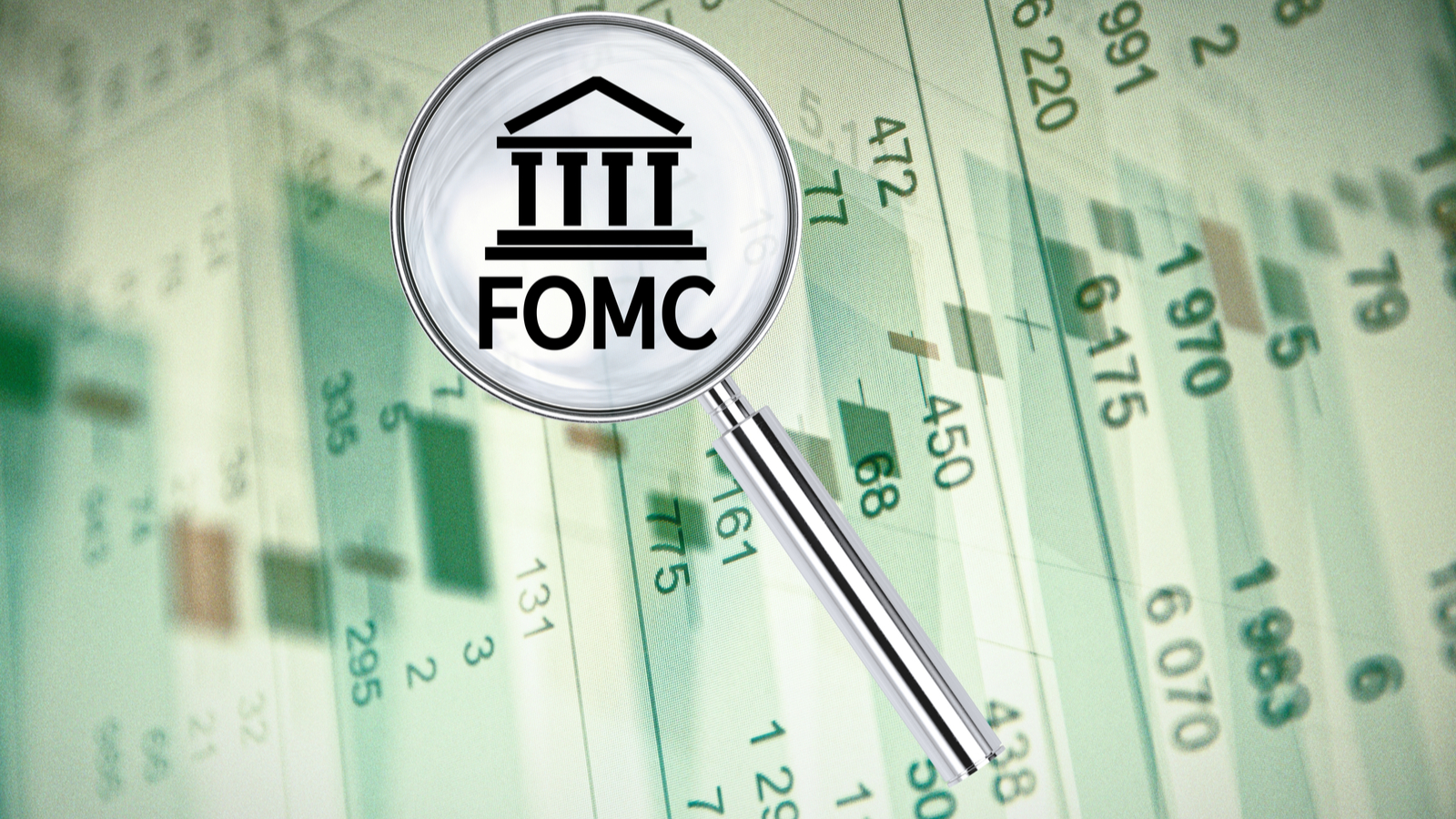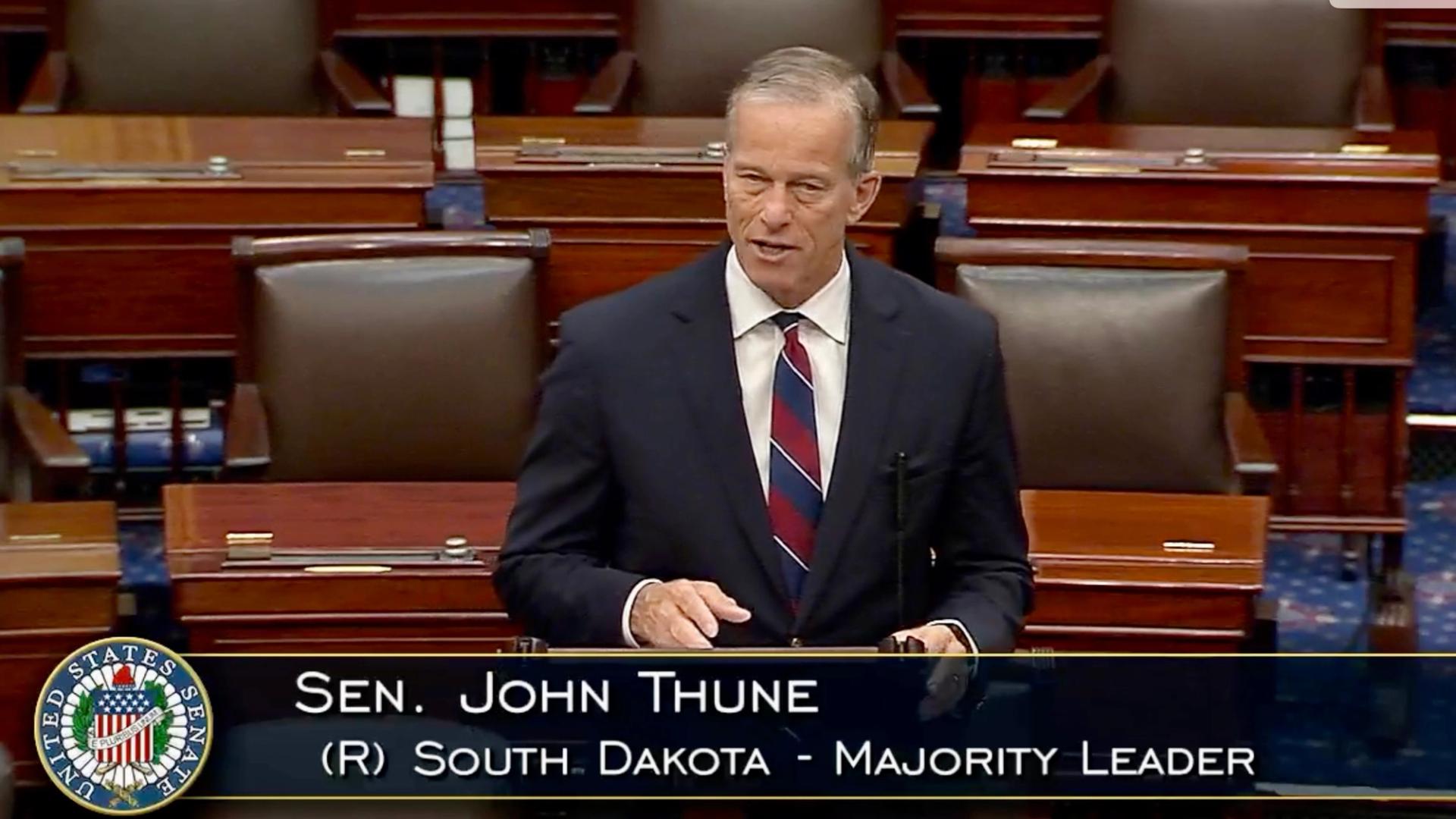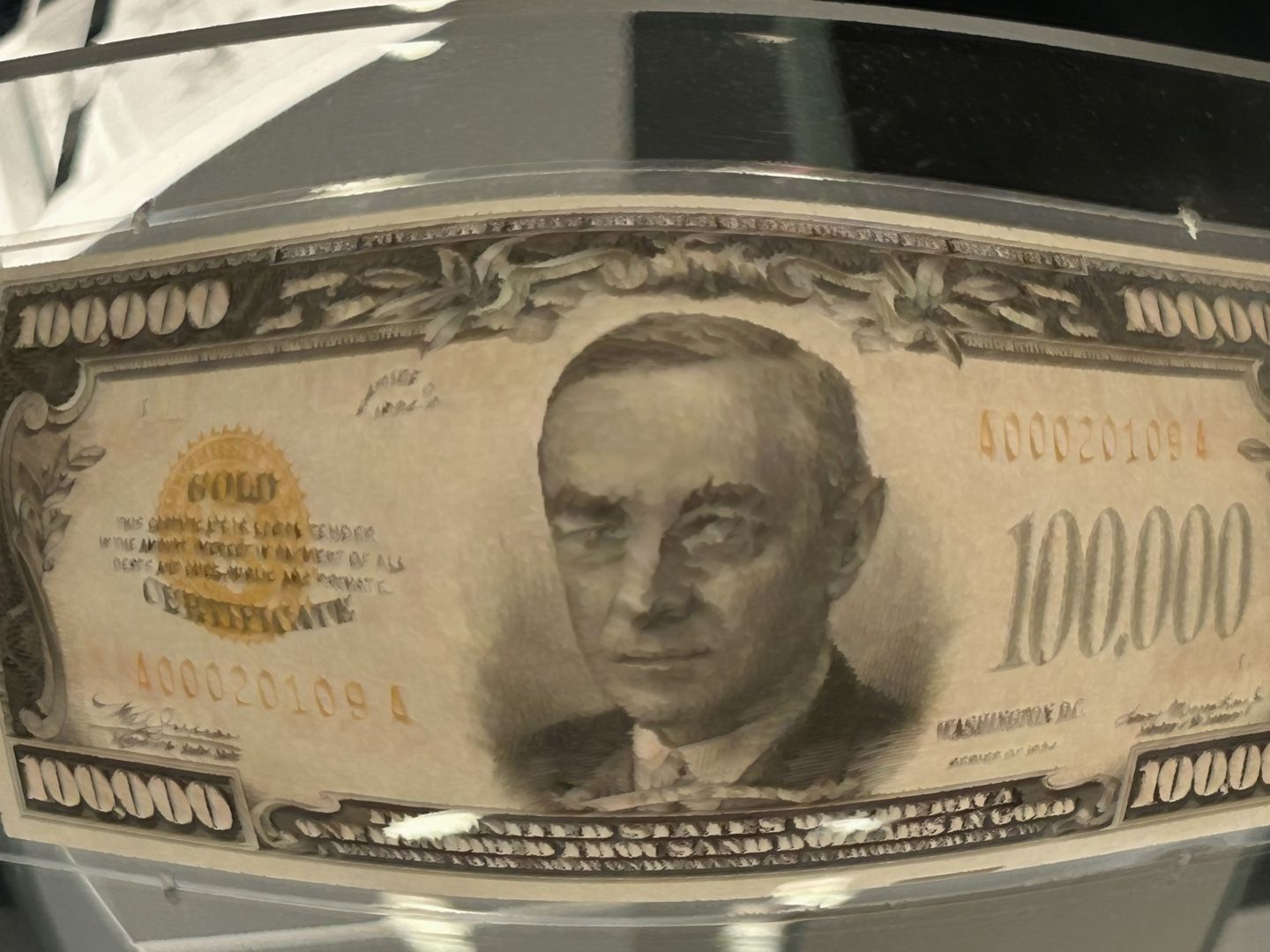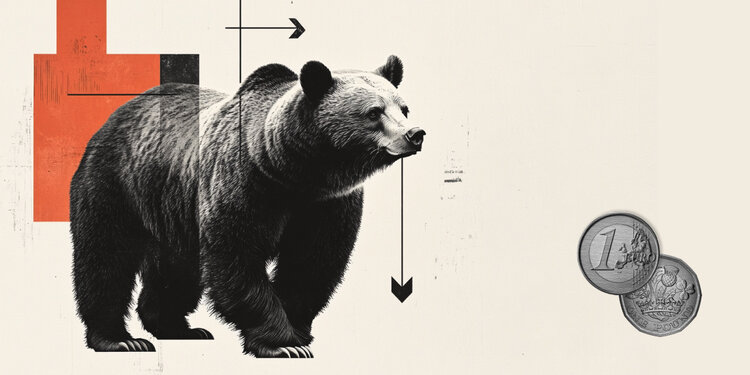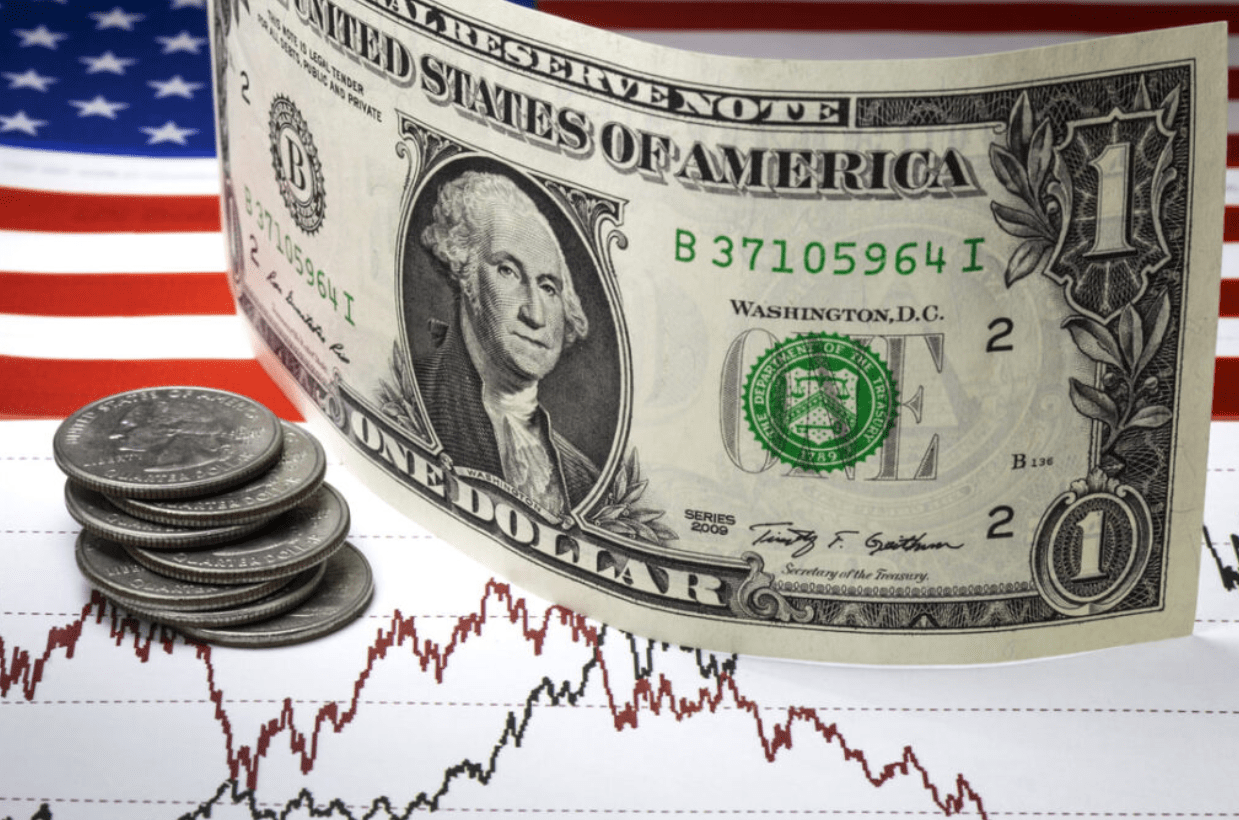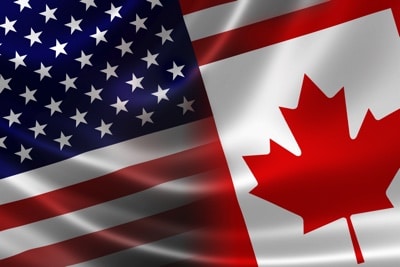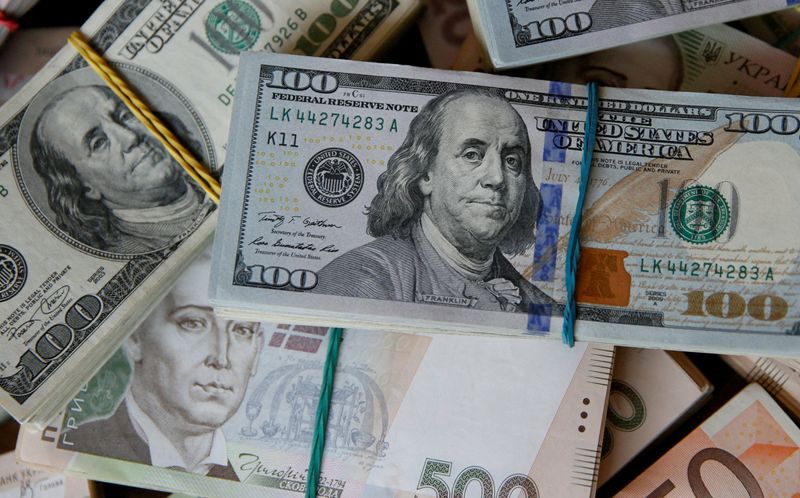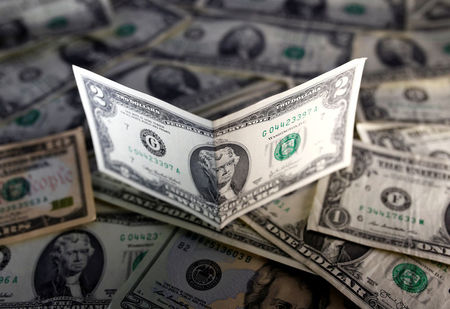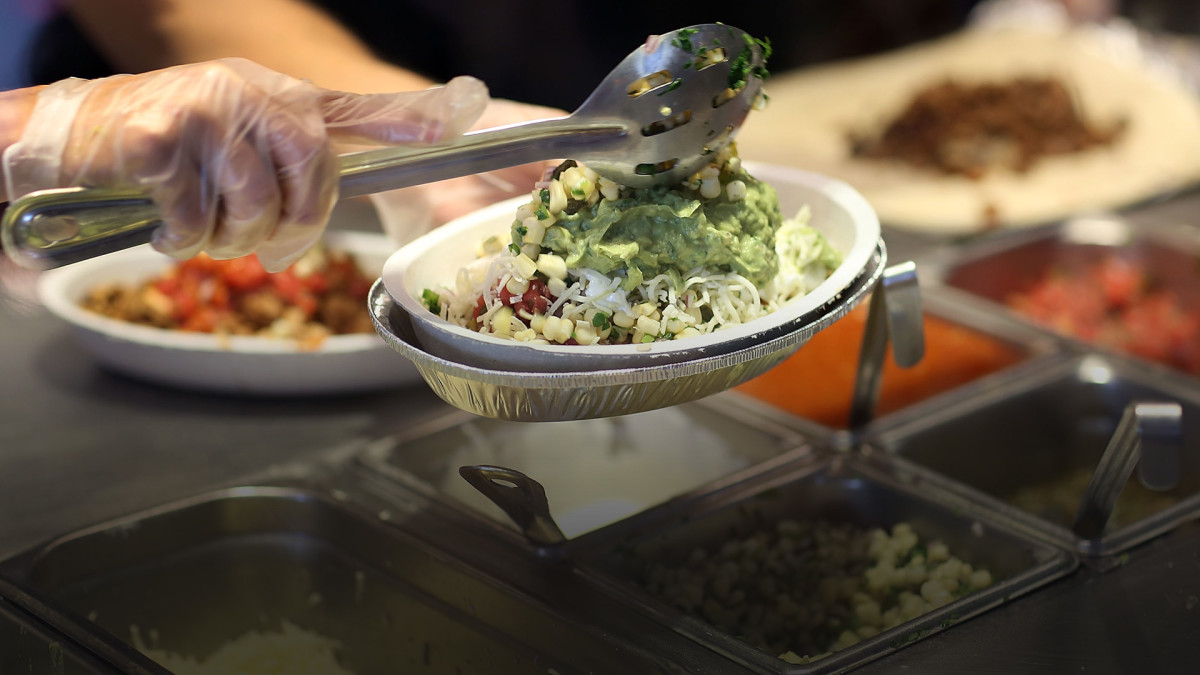Trader Joe's copies Costco, delights fans
There's a reason customers tend to be loyal to both stores.
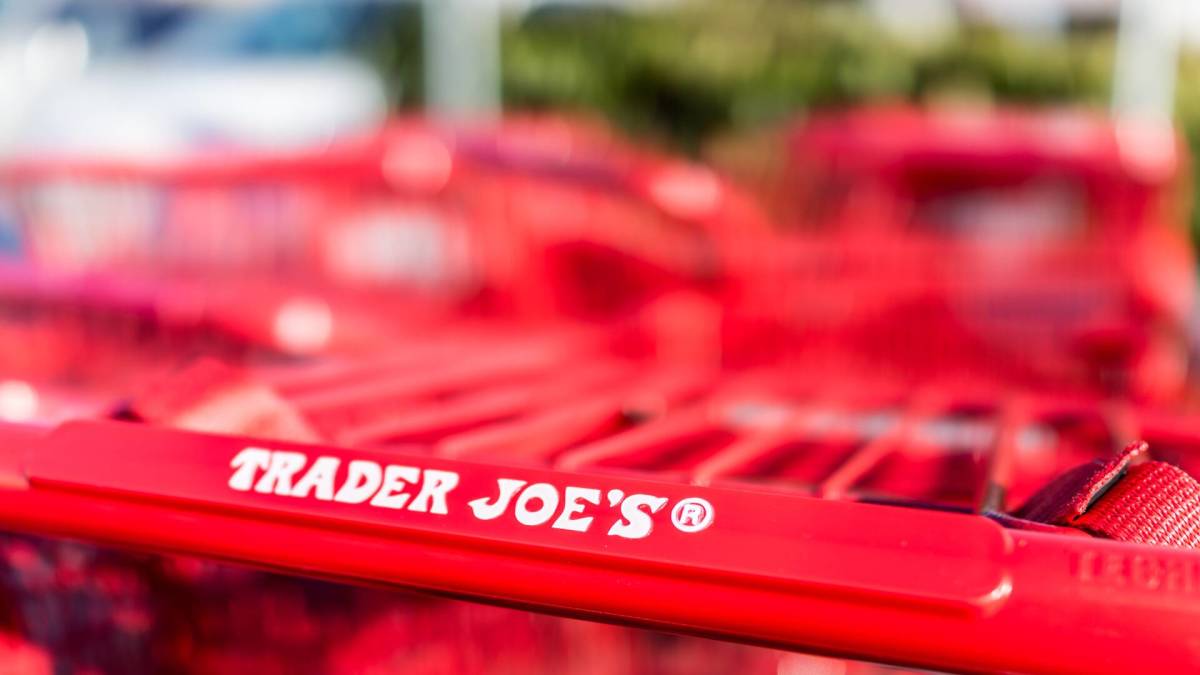
Trader Joe’s and Costco clearly offer very different shopping experiences.
For one thing, there’s no need to buy a membership to Trader Joe’s. Costco, on the other hand, currently charges $65 a year for its basic Gold Star membership and $130 a year for its Executive membership that offers cash back on purchases.
Don't miss the move: Subscribe to TheStreet's free daily newsletter
Trader Joe’s is also a more traditional supermarket, whereas Costco loads its warehouse club shelves with everything from grocery items to apparel to electronics.
Related: Costco members pounce after warehouse club makes pricing mistake
Plus, Costco warehouse clubs are huge. You could conceivably fit a Trader Joe’s supermarket in the corner of a Costco warehouse and still have plenty of room to spare.
But there are certain areas where Trader Joe’s and Costco do overlap. And that’s what tends to draw customers to both.
Limited inventory works to both stores’ advantage
It’s not uncommon for a traditional supermarket to carry 30,000 to 40,000 SKUs (stock keeping units). But Trader Joe’s and Costco work differently.
Interestingly, both stores tend to carry about 4,000 SKUs. And that’s intentional.
Related: Costco members rush to find new limited product
Costco has very high standards when it comes to product quality. It won’t stock an item it feels won't satisfy members. Limiting its inventory allows Costco to have better quality control and more wiggle room to negotiate prices.
Trader Joe’s takes a similar approach to its inventory. The company makes a point to limit its selection so it can keep costs down and run its stores more efficiently.
Also, the bulk of what Trader Joe's sells is private-label products. This not only gives it more control over quality, but could allow for higher profit margins.
Trader Joe’s return policy rivals Costco’s
The reason so many people are willing to pay an annual fee to get access to Costco is that the company makes its memberships worthwhile. Costco members know that for their $65 or $130 a year, they’re getting not just low prices, but outstanding customer service.
To that end, Costco has one of the most generous return policies in all of retail. With few exceptions, Costco lets its customers return any item at any time for any reason. That makes it easier to take a chance on Costco’s bulk offerings.
Related: Walmart makes drastic decision amid tariff threats
It’s one thing to spend $20 on a massive bag of trail mix you’ve never tried before and hope your family members like it. It’s another thing to know that if something about it isn’t appealing, you can bring the item back for a refund.
Granted, it’s not a good idea to abuse Costco’s generous return policy. But if you limit yourself to a reasonable number of returns, you’re unlikely to have an issue.
Although it may not be as widely publicized, Trader Joe’s has a return policy that’s comparable to Costco’s.
Trader Joe’s typically lets customers bring back any item for a full refund when they’re not satisfied with a purchase. This applies to open and unopened products.
More Retail:
- Walmart CEO sounds alarm on a big problem for customers
- Target makes a change that might scare Walmart, Costco
- Top investor takes firm stance on troubled retail brand
- Walmart and Costco making major change affecting all customers
Like Costco, Trader Joe's is very big on customer service, and the company wants customers to feel comfortable trying new products. If it eliminates the financial risk by offering flexible returns, customers are more likely to branch out and spend more.
The one thing customers do need to be careful about when making Trader Joe's returns is liquor. Because liquor laws vary from state to state, you may run into issues returning liquor to a store location other than the one where you purchased it.
Costco is similar, where it does not accept returns on alcohol where prohibited by law.
Maurie Backman owns shares of Costco.



